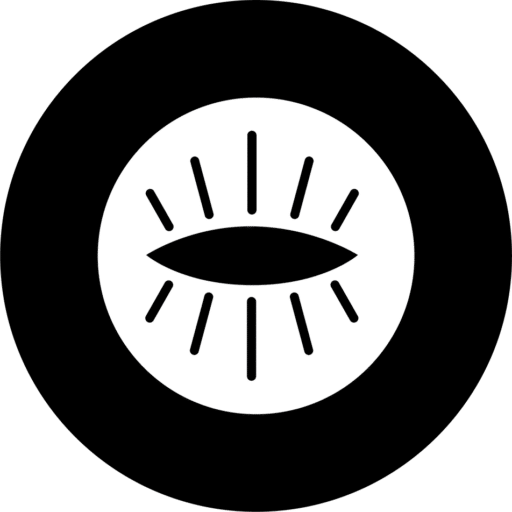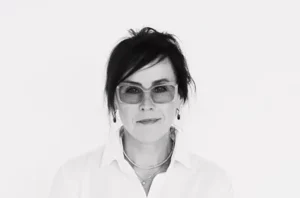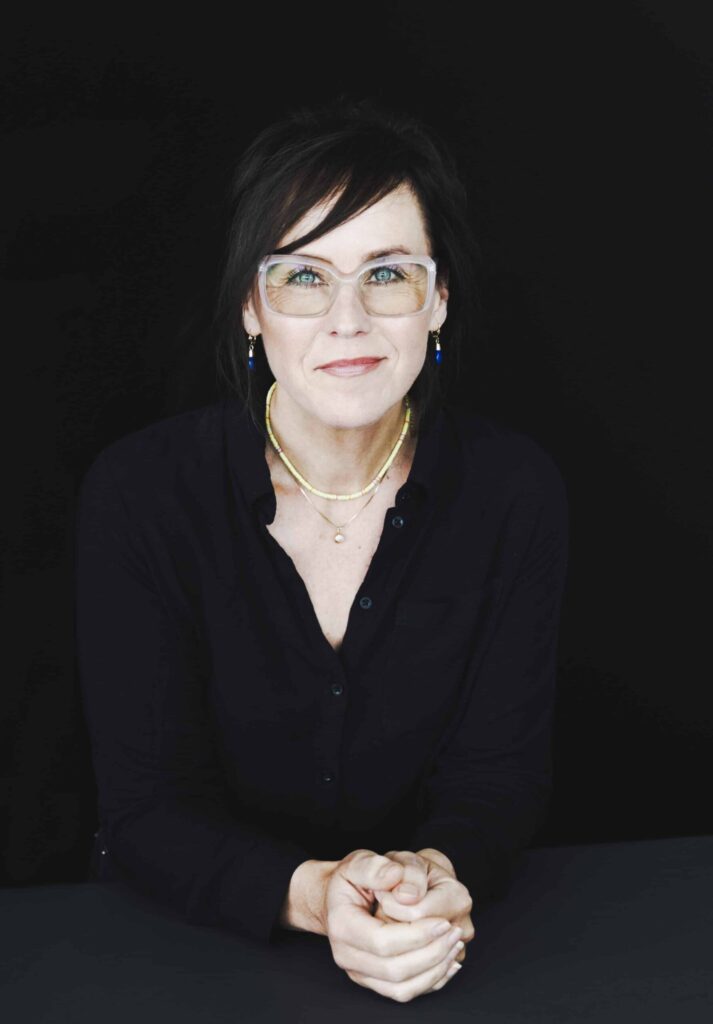Unconventional thinking leads to Nobel-winning discoveries
My recent TED Talk is about intuition, how fundamental intuition is to our intelligence, that we need good intuition to reason well, and that without intuition there wouldn’t be much innovation.
In my talk, I refer to a study that showed that intuition was key in big discoveries of Nobel laureates, as shifting between analysis and intuition led to their ‚big leaps‘. With the study, the researchers wanted to explore the role of intuition in intelligence and what we call ‘human genius’; hence the research group was a group of Nobel Laureates and awarded intellects.
Intuition is super important to enhance mental agility, something we can all strive towards in today’s turbulent and rapidly changing world.
Unconventional training
Last week I read an interview with the French physicist Alain Aspect who won the 2022 Nobel prize (alongside John F. Clauser and Anton Zeilinger) in physics for his pioneering work in ‘quantum entanglement‘ – showing connections between the quantum properties of subatomic particles that are preserved even at distances too great for signals to travel at light speed. This discovery underpins quantum computers and other technologies. And it was Aspect’s unconventional training in quantum mechanics which gave him an open mind and led to his Nobel-winning discovery.
Physics, magic and two revolutions, not one
His book Einstein and the Quantum Revolutions, which I just ordered, explores the foundations of quantum mechanics, the parallels Aspect sees between physics and magic, why Einstein doesn’t get all the credit he deserves and how there were two quantum revolutions, not one.
With his book, Aspect wants to make his findings more accessible to the rest of us – “the public should understand science – how else can you make decisions about the great problems that society faces, such as climate change?” he explains in Nature, the international journal of science (31 October 2024).
Intuition and scientific discoveries
In my book about intuition, InnSæi – Icelandic wisdom for turbulent times, I touch on quantum physics and how its logic is echoed in lessons from paganism, spiritualism, neuroscience and the power of storytelling and narratives as found in the world-renowned work of historian Yuval Noah Harari.
Linking intuition back to mental agility, intelligence, discoveries, and science I thought you’d also be interested in hearing what Aspect has to say about intuition’s role in science; both when it comes to where we direct our interest and quest, and our ability to come up with great discoveries.
‘I hadn’t been brain washed’
Already back in 1975, some physicists tried to dissuade Aspect from pursuing his experiment, saying quantum physics was already so successful many thought there was no point in questioning it, and he’d be considered ‘a crackpot’.
“But I was self-educated in quantum mechanics, and I hadn’t been brain washed. I was totally open. And when you are open and you see a problem, you want to know the answer,” he explains.
‘Don’t lose your intuition’
Reflecting on his journey, Aspect shares lessons from his secondary-school physics teacher, or the ‘man who educated him’:
“He showed us that physics is about describing the world with mathematics as precisely as possible, but not with so much complication that you lose your intuition.”
And there he hit the nail on the head. Part of the reason why I explore intuition through the lens of the Icelandic word or concept, InnSæi, is because when we unlock the word into it’s three meanings, we not only gain a deeper understanding of what we now know about intuition from science, psychology, spiritualism, sports, the arts and so on, but also how to harness it both for our personal growth but also professional performance.
InnSæi combines two words, ‘inn’ and ‘sæi’. ‘Inn’ means inside or into. ‘Sæi’ means to see or evokes the sea.
InnSæi means:
The sea within – our ever-flowing unconscious mind.
To see within – to be self-aware.
To see from the inside out, – to navigate the ocean of life from within.
Synthesising information and connecting dots
The sea within refers to our constantly flowing unconscious mind, which stores most of the things we can know. Intuition is our access to the sea within and harnessing intuition is “the productive use of unconscious information to improve decisions and actions,” as Joel Pearson defines intuition. “The sea within cannot be put into boxes, or siloes, because then it ceases to flow.”
Aspect refers to this when he explains how he had an open mind and was driven mainly by the desire to find answers, without forgetting to let his intuition guide him, to connect and cross-fertilize dots across disciplines, siloes or research methods that otherwise kept his thinking too rigid, detailed or complicated.
Harnessing the two rhythms to hone scientific intuition
And this is where the third meaning of the concept InnSæi comes in: ‘To see from the inside out’. In this part of InnSæi we learn to ‘harness the two rhythms’ of being and doing, analytics and intuition, flow and contained action, reason and creativity, in order to hone our intuition to elevate the quality of outcomes in our research, logical reasoning and discoveries.
In just two weeks, over 600.000 people had watched my TED Talk! I am grateful and encouraged by all the interest. I’d love to see more and more people trusting their intuition and really understanding what a well harnessed or honed intuition is, so that it can help them make better decisions and actions, and live more creative and fulfilling lives.
With love & respect
Hrund


